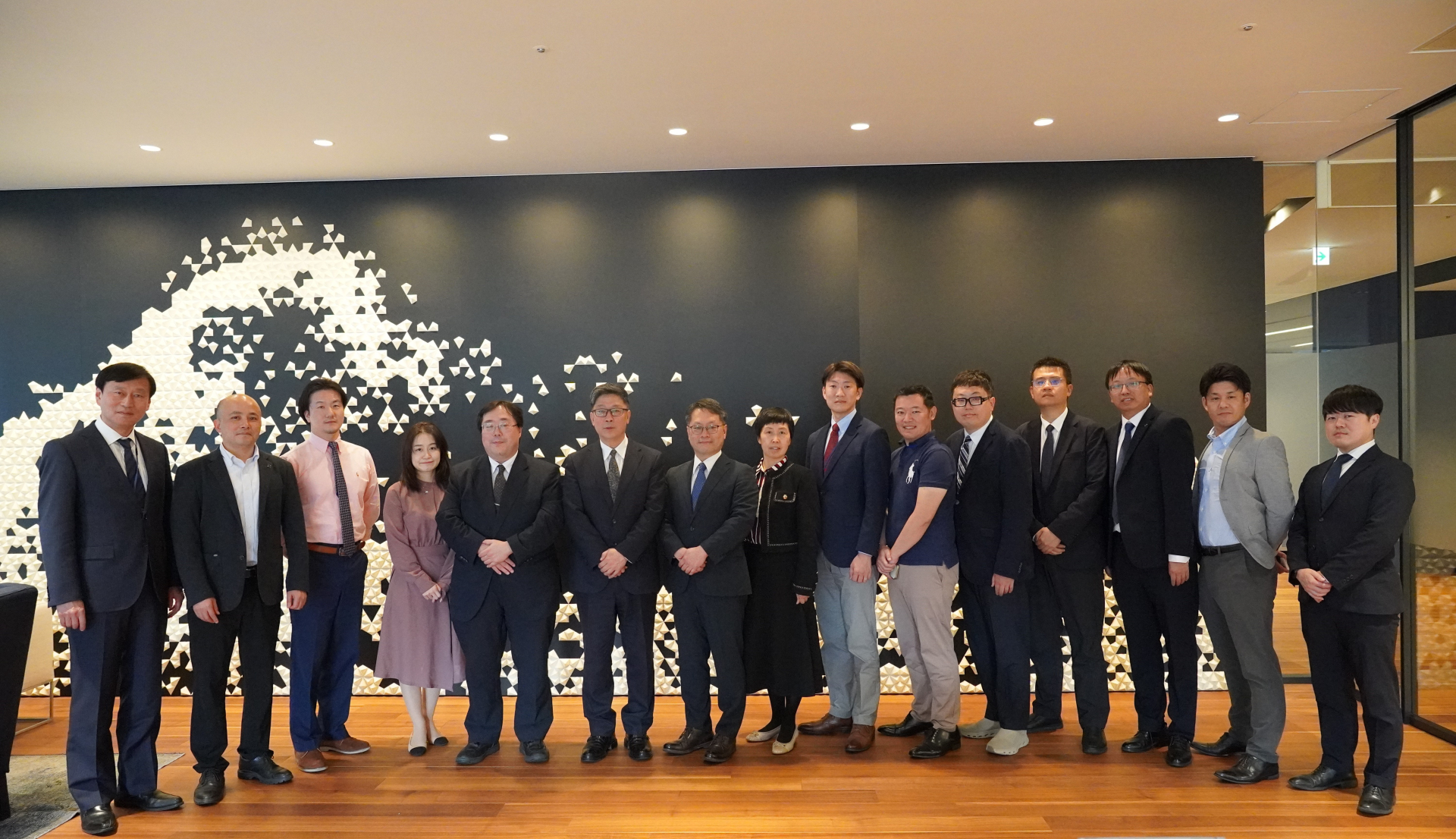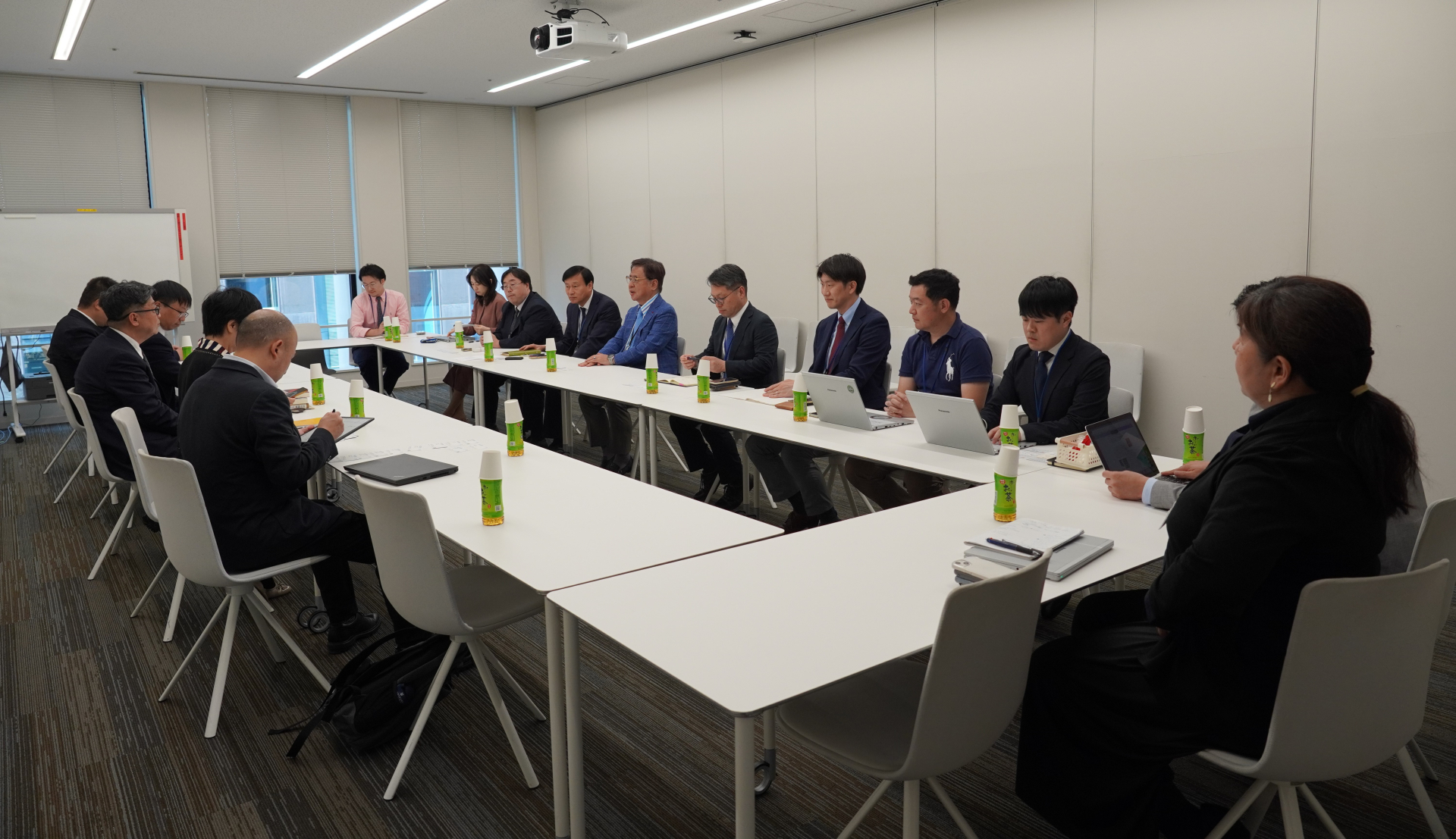SPF-APSA Congressional Fellowship Program
Since 2022, the Sasakawa Peace Foundation (SPF) has offered the SPF-APSA Congressional Fellowship Program to nurture professionals with strong expertise in U.S. politics and U.S.-Japan relations.
On Wednesday, May 7th, the Strategy and Deterrence Program of the Japan-U.S. and Security Studies Unit welcomed Director Yang and his delegation from the Chinese Academy of Social Sciences. Together with Executive Director Kanehara and other researchers from our foundation, they discussed urgent issues in Japan-China relations.

